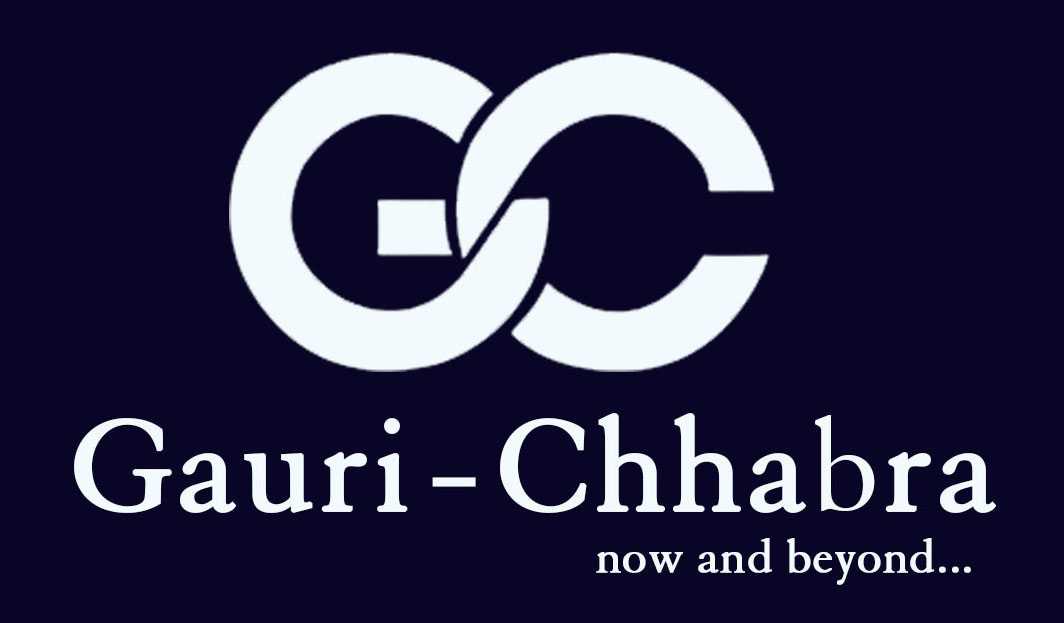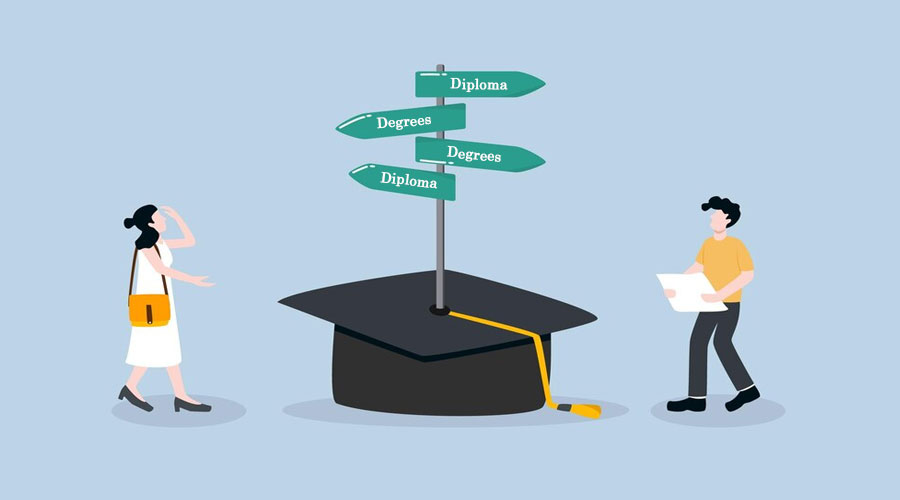One of the offshoots of Globalization has been the need for businesses to expand their wings in multiple countries. This has led to the creation of a flat world where people need to cross barriers and do transact with their counterparts across nations. To do that with fluidity, we need translators who have fluency in multiple languages.Translation can be a rewarding career, either as a full-time vocation or as a supplement to your writing jobs.
As a translator, your main work is to translate texts from one language to the desired language without there being an iota of difference in its interpretation to the reader from the original text. Those translators are considered as successful who are able to impress their readers with simplicity and intact originality of the text they have translated.
However, translators in the 21st century find themselves in a difficult position.On the one hand there is a steadily growing demand for translation as a result of increasing global trade and communication generally. On the other hand it becomes harder and harder for the professional translator to meet this demand. Also there is Machine Translation that is catching up fast. So, translators need to add that extra potion of value to play catch up with Machine Translation with respect to speed.
Without translation, there’s no global business. We need to become more confident and to make a strong story of our business. The translation industry has a future, but we need to change because the world is changing.
Getting In:
Today,youngsters are opting to learn Spanish, French, German and Italian, to name some of the popular languages, for full-time careers. Arabic, Persian, Portuguese, Chinese, Japanese and Russian, are a few more. You should have fluency and command over at least in two languages and have a flair for writing. To get admission in good university and colleges, graduation is must. For good translation, one has to go into the soul of the content. It is also recommended to see the translation work of seniors and experts.
There are forking pathways to learn foreign languages. Whereas several students start learning a foreign language in their school, numerous others opt the course after their 10+2 and go for graduation courses that are offered by various institutes, colleges and universities.
In order to pursue a Bachelor’s degree in any foreign language, you should have cleared the higher secondary school certificate or 10+2 from a recognized board. The duration of the bachelor’s course is mostly three years.
You may linearly step up into a Master’s degree after completion of graduation in the relevant stream.. Usually the duration of the course is two years. You can also go in for a PhD which is being offered at select universities in India.
Those are interested in higher education in foreign languages can opt for post-graduation and PhD which are being offered at select universities in India.
After doing the diploma or degree course, you can join some job as a junior translator or can go for the higher studies in the respective languages provided by various universities/institutions. Like for Japanese, there is a language proficiency test conducted by Mombusho Scholars Association and Alliance Francaise is the centre for conducting various French tests like the TEF (required by Canadian High Commission), the TCF, DELF/DALF test and diploma delivered by the French Ministry of Education.
Skillset:
To get into translation, you should possess fairly good knowledge of the language and have good research and communication skills. In case of a foreign language, it is an added advantage if you know about the history, economy and the political system of that nation. Besides, it is also necessary to have public speaking skills, analytical skills and be computer savvy.
Course Cursor:
Courses after XII:
-
Bachelor of Arts (Translation and Interpretation)
-
Bachelors in Journalism & Media
-
BS Communication
-
BA Honors (Interpreting and Translation BA Honours).
-
Bachelor of Language and Linguistics
Institute Scape:
- Max Mueller Bhavan for German, New Delhi
- Alliance Francaise for French
- Calcutta University (CU) Arabic, Persian and French
- Jadavpur University (JU)
- The Ramakrishna Mission Institute of Culture- Arabic, Chinese, French, German, Italian, Japanese, Latin, Persian, Portuguese, Spanish
- The Central Institute of English and Foreign Languages (CIEFL), Hyderabad- German, Roman, Russian,
- Delhi University- Arabic, French, German, Hispanic, Italian, Japanese, Persian, Russian,
- Jawaharlal Nehru University (JNU)- Arabic, Chinese, French, German, Japanese, Korean, Persian, Russian, Spanish, Portuguese, Italian
- English and Foreign Languages University (EFLU), Hyderabad
- Universitat Autònoma de Barcelona provides BA Honors.
- Middlesex University, London
- Western Sydney University, Sydney
- Singapore University of Social Science, Singapore.
-
M.A (Translation and Interpretation)
- MRes in Translating Cultures
- M.A. Translation
- Interpreting MA
- M.Sc (Interpreting and Translating)
- Master in Innovative Technologies in Translation: Italian
- Research Literary Translation, M.A.
- M.A. Linguistics
- Cochin University of Science and Technology
- Dravidian University, Andhra Pradesh
- Gujarat Vidyapith, Gujarat
- Himachal Pradesh University, Himachal Pradesh
- University of Westminster, London offers MA in Interpretation and Translator
- The University of Edinburgh, UK
- London Metropolitan University, UK
- University of Surrey, UK
- School of Management and Languages, Edinburgh, UK
- Post Graduate Diploma in Translation (PGDT)
-
Diploma in Translation
- Diploma in Professional Translation (French to English)
- Gujarat University, Ahmedabad
- Saga Institute of Management Studies- SIMS, Malappuram
- Bhagat Pool Singh Mahila Vishwavidalaya- BPSMV, Sonipat
Journalism
If you have an outgoing personality and an aptitude for languages, journalism is one of the options you could consider. Journalism – be it print/television/online requires a good news sense and the ability to present the relevance and importance of the event to the viewer/reader. Journalism requires the ability to talk to people and get people talking. Hence, the requirement of an outgoing personality. Television journalism requires a large verbal repertoire while print and online journalism requires a good repository of words. All of which should be easy if you are good at languages.Public Relations and Corporate Communications
Similar to journalism, public relations requires good writing skills and the ability to interact with a wide variety of people. Public relations professionals have to dish out press releases that appeal to journalists, organize interactions/events and ensure that the company/individual they are working for is adequately covered by the media. All of this becomes easy if the individual has a good command over languages.If working in the corporate world is to your liking, you could consider working for the corporate communications department of companies. All companies have such a department because it is essential in today’s day and time to be in the public eye for the right reasons. The work of a corporate communications is similar to that of a PR agency. However, in a PR agency, an individual gets to handle a multitude of clients while being in the corporate communications of a company you handle all communication-related work only for that one company. Content Writing and SEO(Search Engine Optimization) In recent times, ensuring that your website is visible and appears among the top few in search results is important in an online space teeming with millions of websites. A number of companies are waking up to this reality and are hiring professionals to ensure that they have content that clicks! To become an online content writer/SEO all you need is internet literacy and extensive use of social media. While you could take up certificate creative writing courses, this kind of writing is more of a learn-on-the job thing. All you need to have is good researching skills and the ability to write information in an interesting manner.Script Writing and Copywriting
If your love for languages is accompanied by love for films/television/theater you could try your hand at script writing. Several universities/film and television institutes/theater institutes offer courses in screenwriting / script writing / play writing. Copywriting is usually associated with the advertising industry where advertisements require smart play of words to appeal to the audience. If you have a way with words, copywriting may just be the thing for you.Author
If your love for imagination and writing is as strong as your love of languages then you could consider being an author/writer/novelist. And the best part is that to be an author you need not wait to finish a certain degree/diploma etc. You can just let your imagination run wild (or your research skills if you prefer non-fiction) and begin writing your book anytime. In fact you can even write your book while pursuing another career. Obviously a degree and exposure to other people’s works will have a great impact but there is no start date to when you can begin writing!Editing
If you can spot a spelling/punctuation/grammatical error easily, proofreading is probably the option for you. Similar to content writing you can begin freelance proofreading and editing assignments while pursuing an undergraduate course itself. If you are good proofreading assignments pay well.Speech Writing
Speech writing is an unconventional career option that you could consider if you are inclined. You may find place in political parties where it is very important to make the right impression on the public. Will technology replace humans? Over the past few years there has been a rising debate over the issue of technology replacing humans. Owing to the advent of technological advancements like Google translator, some might feel that these technological advancements might replace humans. While this does serve a purpose if you want to understand the gist, the reality is that these translations are not very accurate when it comes to court documents, detailed medical reports and advertising copy, to list a few examples. Therefore, the outlook remains very positive for those wishing to pursue a career as a translator or interpreter. According to the latest research, by 2018 employment in this field is expected to increase by 22%. So, get ready for the most promising careers of today and tomorrow…





